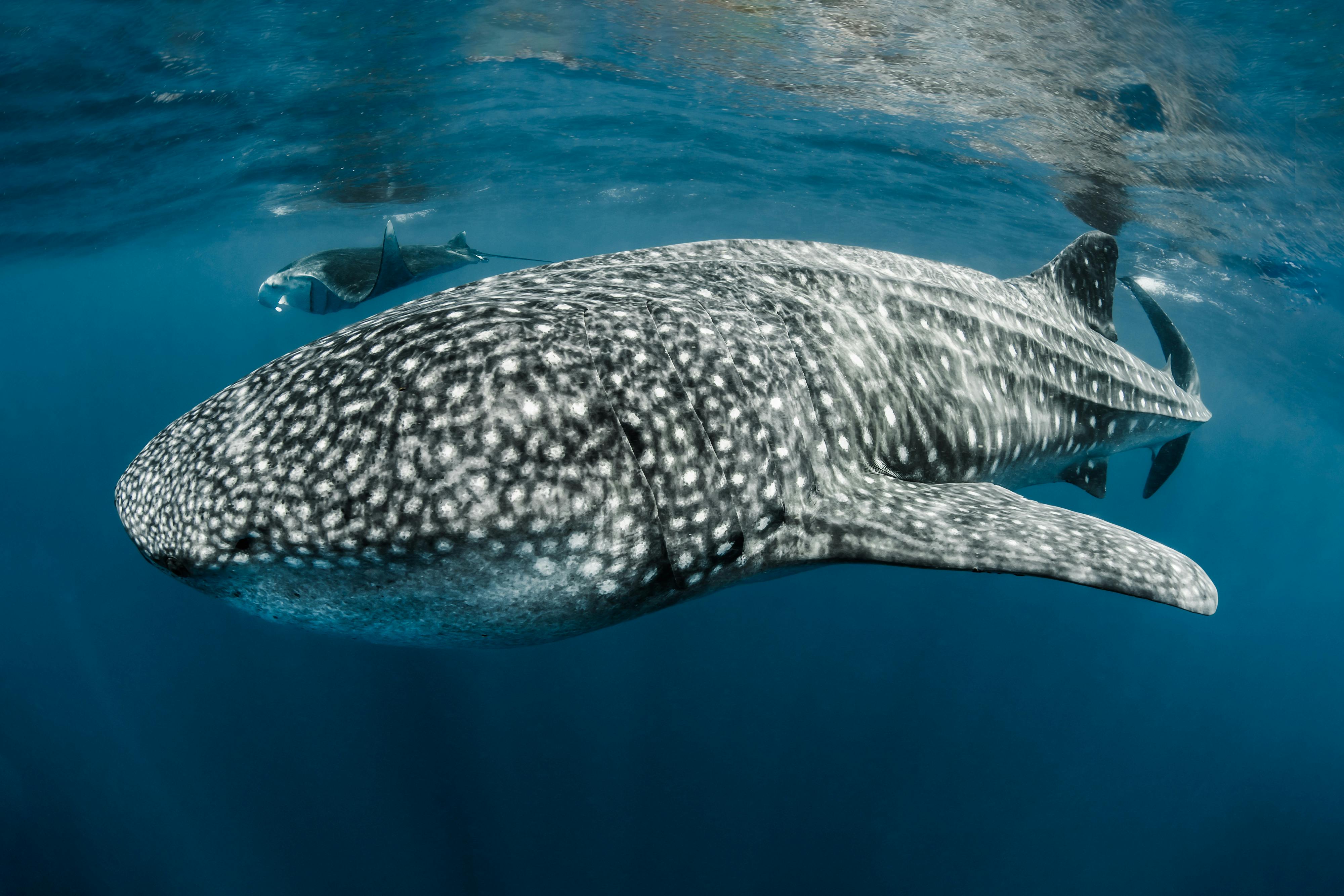Imagine diving into the crystal-clear waters offshore of Miami, only to find yourself surrounded by a scene of devastation. A moonscape. The water, once teeming with life, is clouded with sediment, and vibrant coral reefs are now buried beneath a layer of sand. This is the grim reality made manifest by the PortMiami dredging project that occurred from 2013 to 2015. The project resulted in catastrophic damage to adjacent coral reefs, triggering legal action by Miami Waterkeeper and co-plaintiffs. Despite the dredging company’s initial attempts to downplay the environmental impact, subsequent scientific research uncovered extensive coral mortality, and the National Oceanic and Atmospheric Administration has now released a report that supports our finding that millions of corals were likely killed and at least 278 acres of the Florida Reef Tract were severely impacted.
This November, world leaders will decide whether to give these iconic species the highest level of protection under CITES — and we need your voice to make it happen.
Whale sharks, oceanic whitetip sharks, and manta and devil rays — some of our planet’s most iconic species and pillars of conservation — are vanishing. Over the past few decades alone, shark and ray populations have declined at an alarming rate. Whale shark numbers have dropped by more than 50%. Oceanic whitetip sharks have declined by 80–90% and are now critically endangered, while manta and devil ray populations have plummeted by as much as 99% in some regions.
The biggest culprit for their decline is the unsustainable international trade of their fins and gill plates, exacerbated by climate change–fueled habitat loss and ecosystem destruction.




















